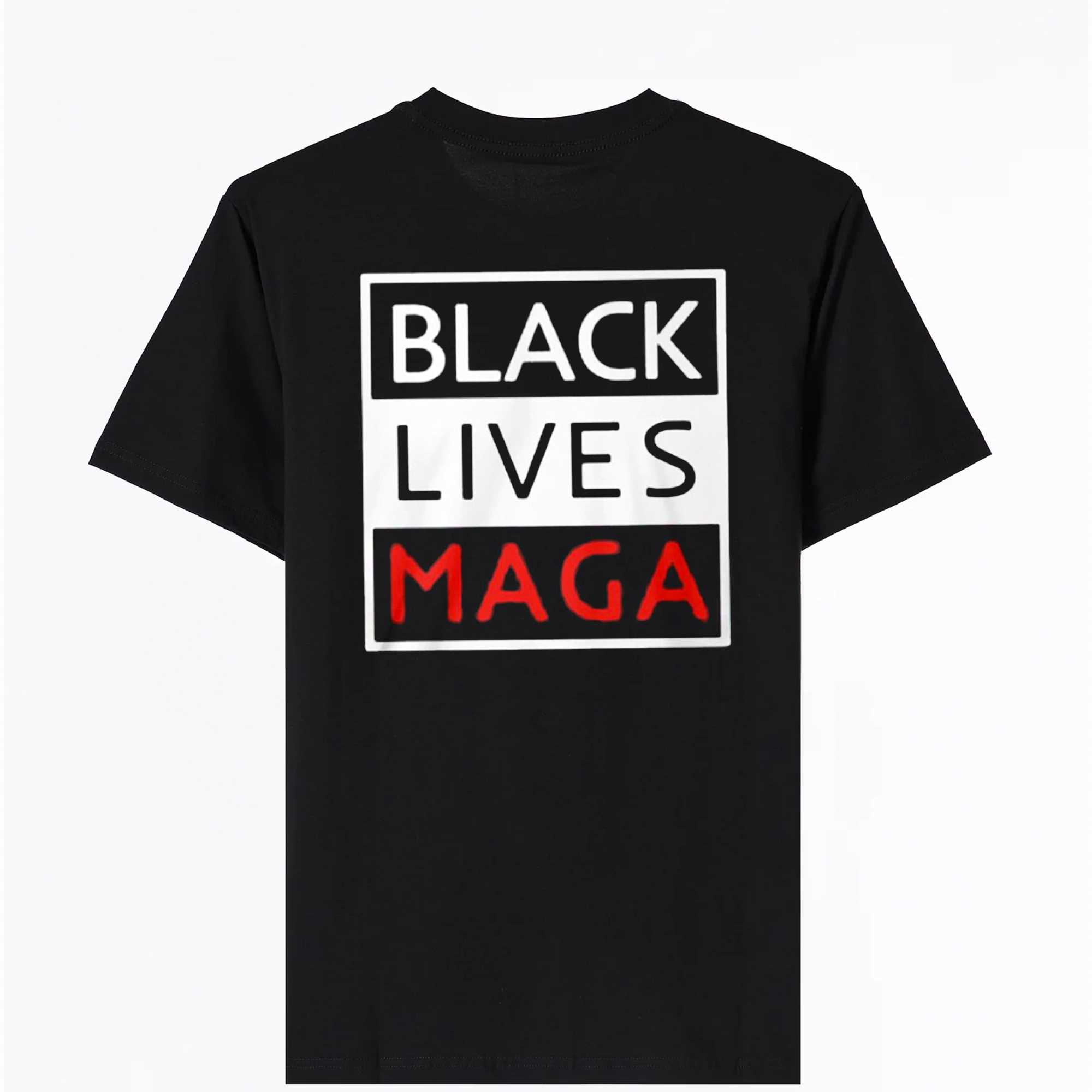News
Unpacking the Symbolism: Trump Black Lives MAGA Shirt Sparks Controversy
In the ever-evolving landscape of political fashion, each garment carries its own narrative, and recently, a new addition to the mix has stirred up considerable debate. Enter the “Trump Black Lives MAGA Shirt” – a garment that encapsulates layers of political ideology, social commentary, and cultural significance.
At first glance, the juxtaposition of “Black Lives” and “MAGA” (Make America Great Again) on a single shirt may seem contradictory, even paradoxical. After all, the MAGA slogan has been closely associated with former President Donald Trump’s administration, often criticized for its handling of issues related to racial justice and inequality. Meanwhile, the Black Lives Matter movement has been at the forefront of advocating for racial equity and systemic change.
However, the shirt’s message could be interpreted in various ways, depending on one’s perspective. For some, it might symbolize a call for unity and inclusivity within the broader conservative movement, suggesting that supporting Black lives is not antithetical to conservative values. Others may view it as a cynical attempt to co-opt the language of social justice for political gain, capitalizing on the popularity of the Black Lives Matter movement while maintaining allegiance to Trump’s brand.

The wearer of such a shirt, whether a supporter of Trump or an advocate for racial justice, inevitably invites scrutiny and speculation. Are they attempting to challenge conventional narratives and bridge ideological divides, or are they engaging in performative activism, using clothing as a superficial means of signaling their beliefs?
Regardless of one’s interpretation, the Trump Black Lives MAGA Shirt underscores the complex interplay between politics, identity, and fashion. In an era marked by heightened polarization and social unrest, clothing choices can serve as potent symbols, reflecting and refracting the values and tensions of the moment.
As the debate over the shirt continues to unfold, it prompts us to interrogate our own assumptions and biases, recognizing that the significance of a garment extends far beyond its material form. In a society where symbols hold immense power, understanding the nuances of political fashion becomes essential for navigating the complexities of our shared discourse.

